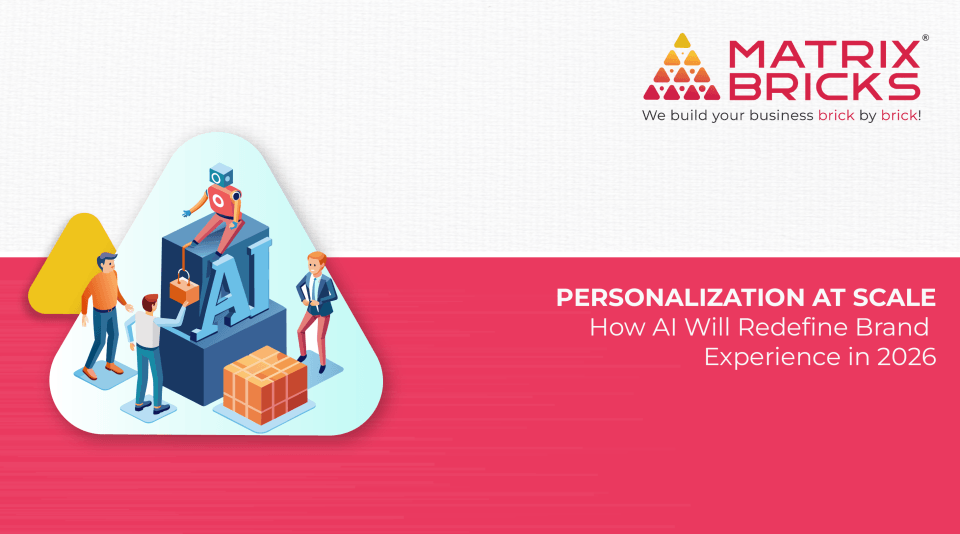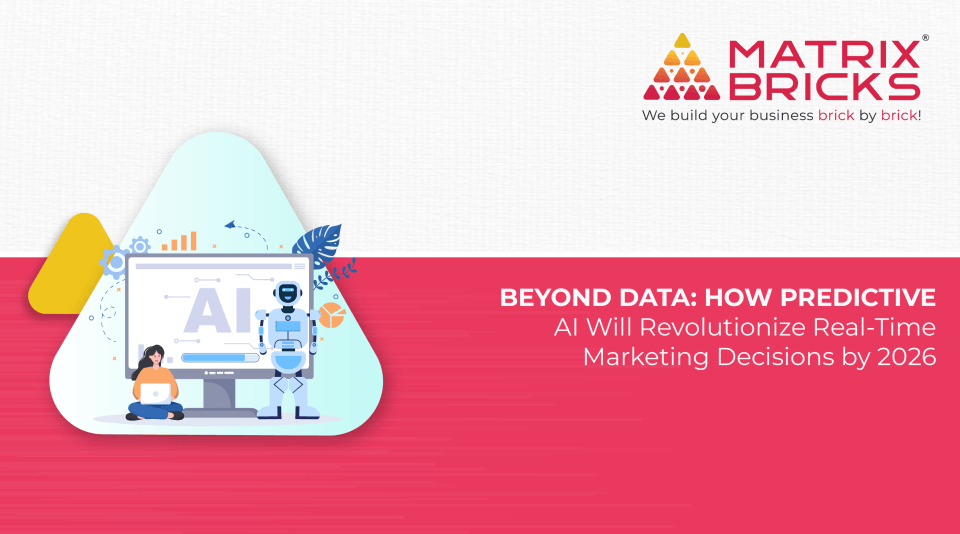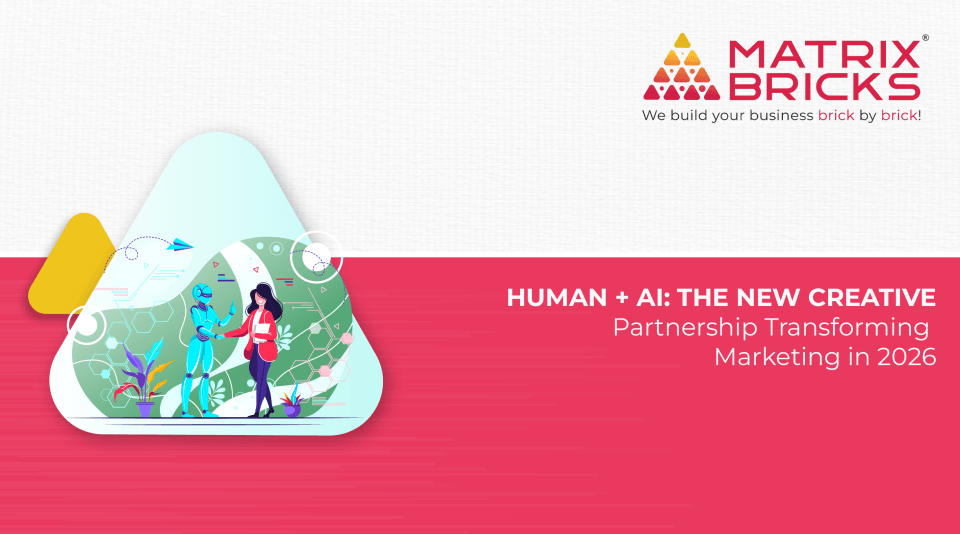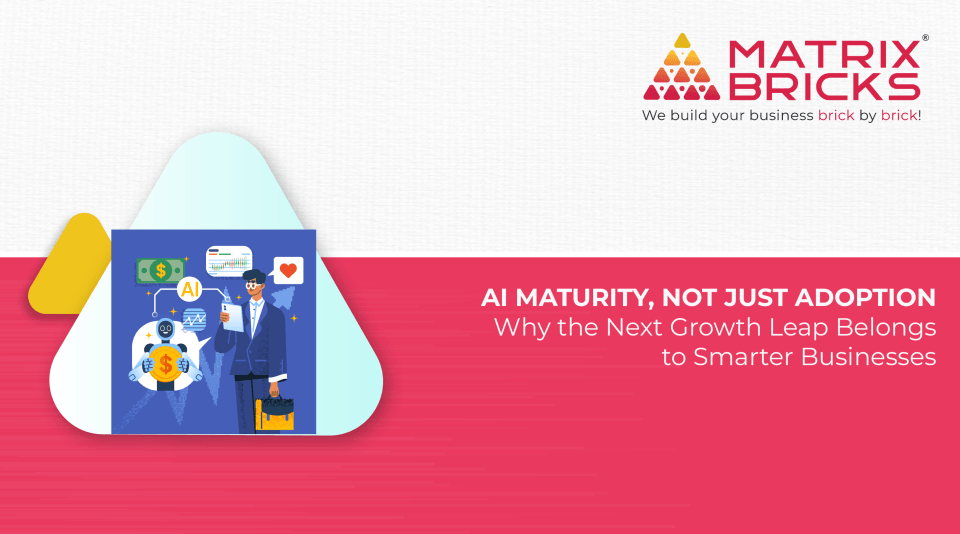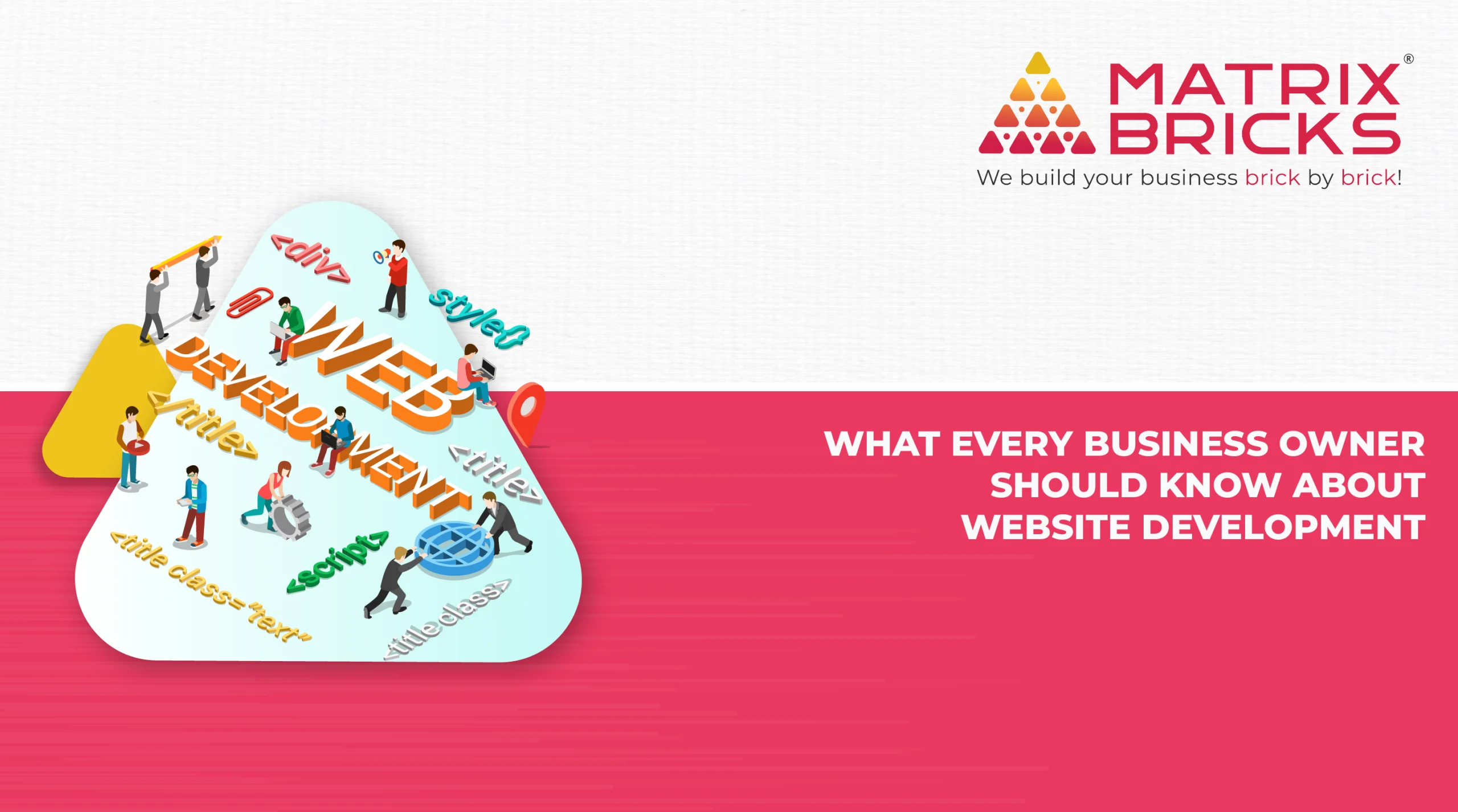
Whether you’re based in London, New York, or Mumbai, the moment a potential customer hears about your brand, they’re likely to Google you—and what they find can either win or lose their trust in seconds. But what really goes into building a successful online presence?
Website development is more than just coding. It encompasses strategy, design, functionality, performance, and security. For business owners, understanding the fundamentals can mean the difference between a forgettable online footprint and a high-performing digital platform.
In this blog, you’ll learn what every business owner should know about website development: how it works, what it costs, why it matters, and how it can help you grow. If you’ve ever felt overwhelmed by tech jargon or unsure where to begin, this is your guide.
We’ll cover essential concepts, emerging trends, and strategic insights to help you make informed decisions. And yes, we’ll naturally explore the keyword: website development along the way.

Understanding Website Development: The Foundation of Your Digital Strategy
Website development refers to the process of building and maintaining a website. This includes front-end development (what users see), back-end development (the server side), and everything in between.
Key Components of Website Development:
- Front-End Development: Focuses on user interface and user experience using HTML, CSS, and JavaScript.
- Back-End Development: Involves server, application, and database management.
- CMS Integration: Platforms like WordPress, Shopify, or custom CMS solutions allow easier content management.
- Responsive Design: Ensures your site works smoothly across all devices.
- Security Protocols: SSL certificates, data encryption, and secure hosting.
Understanding these building blocks empowers business owners to have more productive conversations with developers and agencies.
Why Website Development Matters for Business Success
A well-developed website impacts nearly every part of your business, from brand credibility to customer acquisition and revenue growth. Here’s how:
1. First Impressions Count
Your website is often the first touchpoint for customers. A clean, fast, and mobile-friendly site can significantly boost trust and engagement.
2. SEO and Visibility
Search engines favour well-developed websites that are fast, secure, and properly structured. Investing in good website development can enhance your visibility and drive organic traffic.
3. Conversions and Sales
Strategically placed call-to-actions (CTAs), smooth navigation, and quick load times lead to better conversions—whether it’s a product sale or a contact form submission.
4. Scalability and Flexibility
Modern development practices allow your website to scale as your business grows—whether it’s adding an e-commerce module or integrating CRM tools.
Common Website Development Challenges (and How to Overcome Them)
Building a website isn’t without hurdles. Here are some challenges business owners often face:
1. Unclear Objectives
Many businesses start without a clear goal. Define your website’s purpose early: Is it to sell, generate leads, educate, or something else?
2. Overlooking Mobile Users
With more than 50% of web traffic coming from mobile, responsive design is non-negotiable.
3. Ignoring SEO Best Practices
Keyword stuffing, broken links, and poor site structure can sabotage your rankings. Partner with developers who understand SEO basics.
4. Slow Load Times
A delay of just one second can reduce conversions by 7%. Optimise images, leverage caching, and use a content delivery network (CDN).
5. Lack of Ongoing Maintenance
Website development doesn’t end at launch. Regular updates, backups, and performance monitoring are crucial.
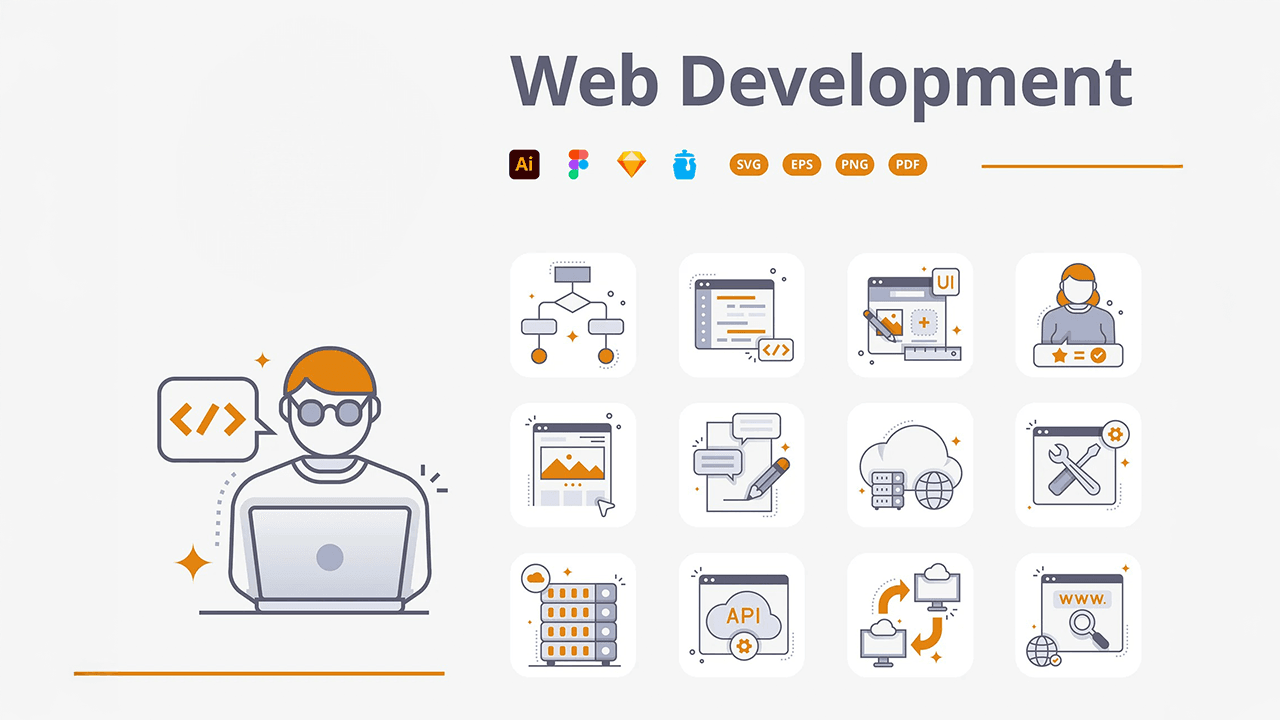
Key Website Development Trends to Watch in 2025
The digital landscape is always evolving. Staying on top of trends can give your business a competitive edge:
Progressive Web Apps (PWAs)
These blend the best of web and mobile apps, offering offline access and fast load times.
Voice Search Optimization
More users are searching hands-free. Structuring your site to answer questions can boost traffic.
AI-Powered Chatbots
Offering 24/7 customer support, AI bots are becoming a staple in modern website development.
Headless CMS
This approach decouples the back-end and front-end, offering more flexibility and faster performance.
Dark Mode and Accessibility
Designing for user preferences and accessibility ensures inclusivity and better user satisfaction.
What to Look for When Hiring a Website Development Company
If you’re not developing in-house, choosing the right partner is crucial.
Checklist for Business Owners:
- Portfolio: Review past work for quality and style.
- Technical Expertise: Ensure they work with modern technologies and follow best practices.
- SEO Awareness: They should build with search engines in mind.
- Transparent Pricing: Watch out for vague estimates.
- Post-Launch Support: Ongoing maintenance and updates are critical.
Whether you’re in the UK, USA, or India, these principles hold true globally. Always aim for a partner who communicates clearly, meets deadlines, and aligns with your business goals.
Summary: What You Need to Remember
- Website development is more than design—it’s about performance, security, and scalability.
- A good website can elevate your brand, boost conversions, and drive long-term growth.
- Be aware of common pitfalls, from poor SEO to lack of mobile responsiveness.
- Keep up with emerging trends like AI, PWAs, and voice search.
- Choose development partners wisely, focusing on transparency, skill, and post-launch support.
Understanding the essentials of website development arms you with the knowledge to make smarter decisions and invest in a digital asset that truly works for your business.
Conclusion: Start Building with Purpose
As a business owner, you don’t need to know how to code, but you do need to understand what goes into building a great website. Your site is more than a brochure—it’s a living, evolving platform for sales, service, and storytelling.
When done right, website development helps you reach wider audiences, serve your customers better, and compete on a global stage.
So whether you’re planning a new launch or looking to revamp an outdated site, start by setting clear goals, educating yourself on the process, and partnering with professionals who understand your vision. With a strong foundation, your website won’t just exist—it will excel.
Frequently Asked Questions
What is website development?
Website development refers to the process of building, designing, and maintaining websites. It includes front-end (user interface) and back-end (server, database) development.
How much does website development cost?
Costs vary based on complexity, features, and developer expertise. A basic site might cost a few hundred pounds/dollars/rupees, while advanced platforms can cost thousands.
How long does it take to develop a website?
Anywhere from a few weeks to several months depending on the scope, content, integrations, and revisions required.
Why is responsive design important?
It ensures your website looks and works well on all devices, enhancing user experience and search engine rankings.
Can I maintain my website myself?
Yes, especially if it’s built on a user-friendly CMS like WordPress. However, technical updates and security monitoring are often best handled by professionals.


